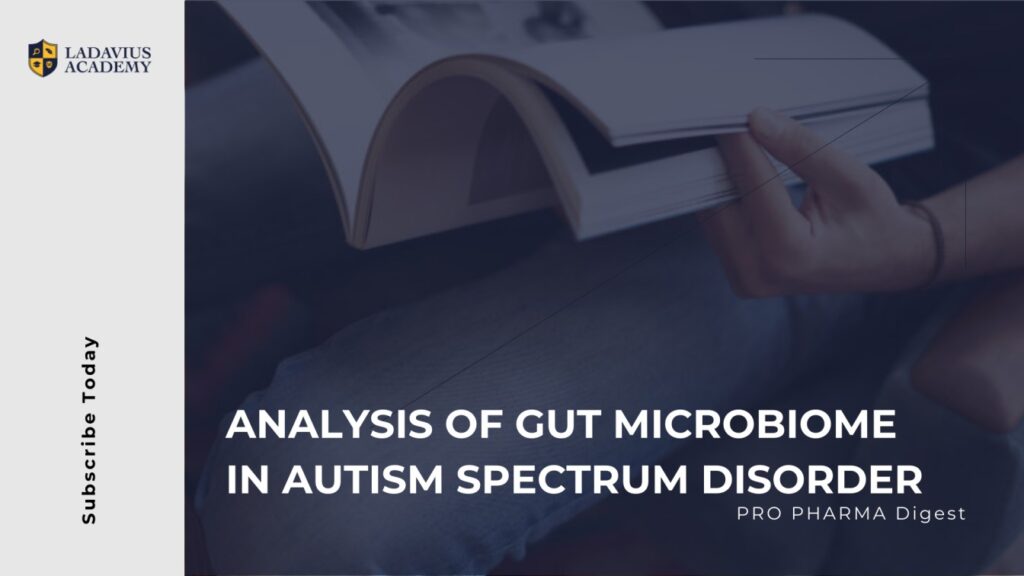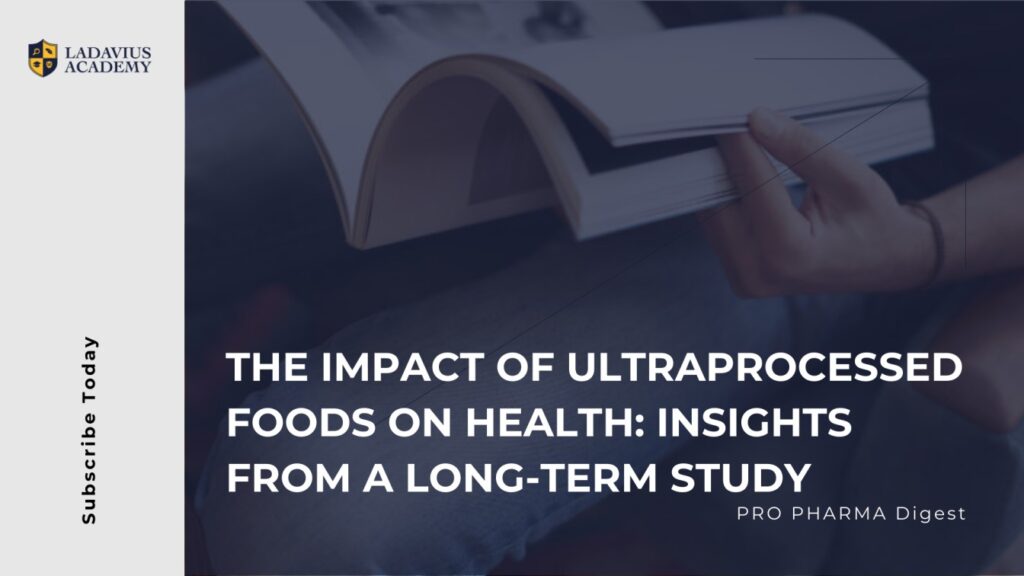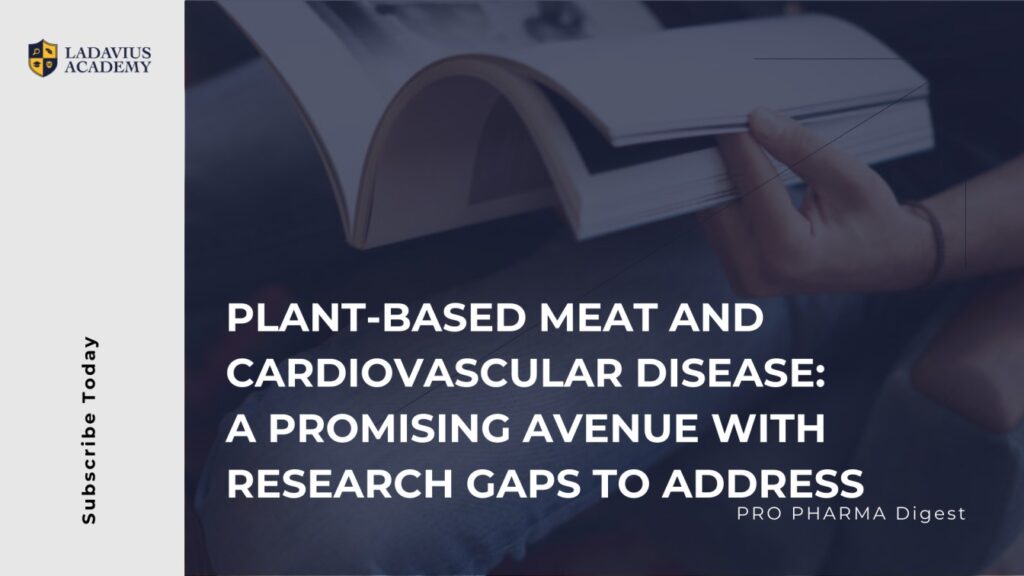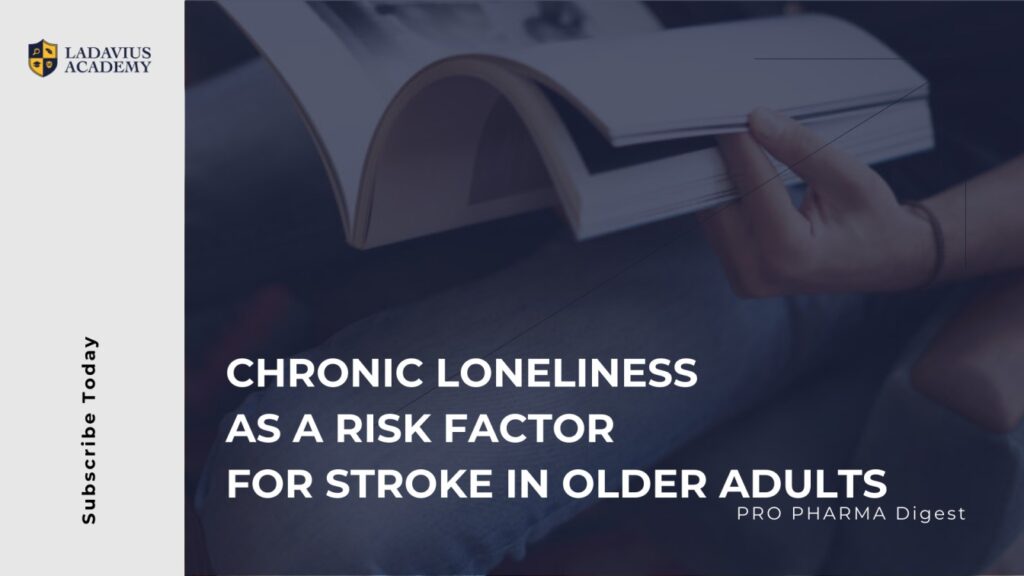Autism Spectrum Disorder (ASD) research has predominantly focused on alterations in gut bacteria. However, the roles of other microorganisms, such as archaea, fungi, and viruses, in the gut-brain axis have garnered recent attention. A new study aims to bridge the gap by conducting an analysis of the multikingdom and functional microbiome using over 1,600 metagenomes from five independent cohorts of children. The objective is to identify unique microbial signatures associated with ASD and to develop a robust, non-invasive diagnostic model.
Category Archives: Erudition & Culture
A review published in February 2024, involving experts from institutions like Johns Hopkins Bloomberg School of Public Health and the University of Sydney, analyzed data from over nine million participants. The study found direct links between ultraprocessed food consumption and 32 health parameters, including mortality, cancer, and various mental, respiratory, cardiovascular, gastrointestinal, and metabolic issues.
During the recent presidential debate, President Joe Biden puzzled many with his answer about the national debt, ending with, “We finally beat Medicare.” The 81-year-old Democrat’s confusing remark has now been clarified.
During the recent presidential debate, President Joe Biden puzzled many with his answer about the national debt, ending with, “We finally beat Medicare.” The 81-year-old Democrat’s confusing remark has now been clarified.
The pharmaceutical and biotechnology sectors are powerhouses of innovation, constantly pushing the boundaries of medicine. Naturally, these fields offer exciting career paths. But with a diverse range of roles, where does the big money lie? And where are the hottest job markets? Our analysis provides a comprehensive picture of 2024 US pharma and biotech salaries and job markets, guiding you towards new opportunities and locations.
The temperature patterns on your face, along with the difference between your thermal age and real age, can offer clues about your health. A new study, led by Chinese researchers, investigates the relationship between inflammation, cell fractions, and aging at the cellular level. It utilizes thermal imaging to explore the connection between facial temperature variations and cellular-level inflammation during aging. This innovative approach identified a decrease in temperature around the nose and cheeks in older individuals, potentially correlating with a reduction in brain volume. The research suggests that thermal scanning could offer a promising tool for non-invasive health assessments and even monitor the impact of interventions like exercise programs.
The growing popularity of plant-based meat alternatives (PBMAs) stems from a confluence of health, environmental, and ethical concerns. While their long-term health effects are under ongoing investigation, a growing body of evidence suggests PBMAs may offer a cardioprotective benefit. This holds particular significance considering the well-established link between red and processed meat consumption and an increased risk of CVD, the leading cause of global mortality.
The European Medicines Agency (EMA) recently issued positive opinions for four novel cancer therapies, signifying a major advancement in the fight against various malignancies. These approvals offer promising treatment options for patients with urothelial carcinoma, lymphomas, prostate cancer, and chronic myelogenous leukemia (CML).
Botanix Pharmaceuticals Ltd (ASX:BOT) is pleased to announce the U.S. Food and Drug Administration (FDA) approval of Sofdra™ (sofpironium) topical gel, 12.45%. This marks a significant milestone for both Botanix and patients struggling with primary axillary hyperhidrosis, a condition characterized by excessive underarm sweating.
Stroke is a leading cause of morbidity and mortality globally. Established risk factors such as hypertension and smoking play a crucial role, but they do not fully explain stroke incidence. Recent research suggests that social isolation and loneliness might be additional significant contributors, particularly for older adults. This study investigates the association between loneliness and stroke risk in a large, nationally representative sample of middle-aged and older adults in the United States. It extends beyond a single measure of loneliness by examining how changes in loneliness over time might impact stroke risk.









